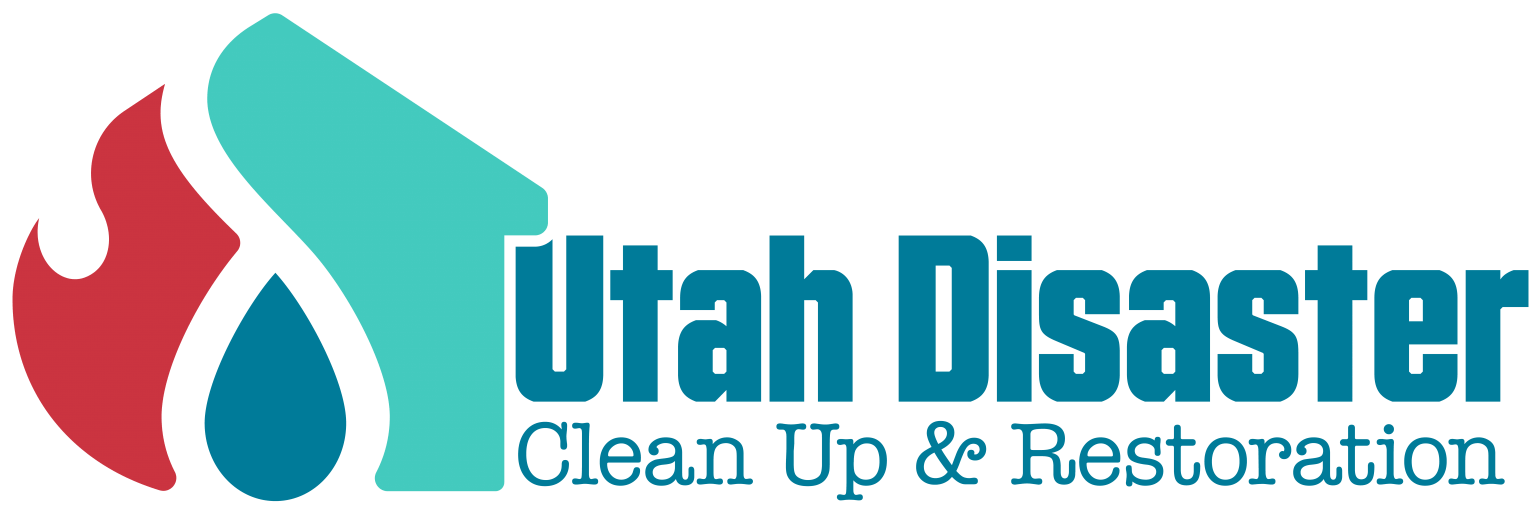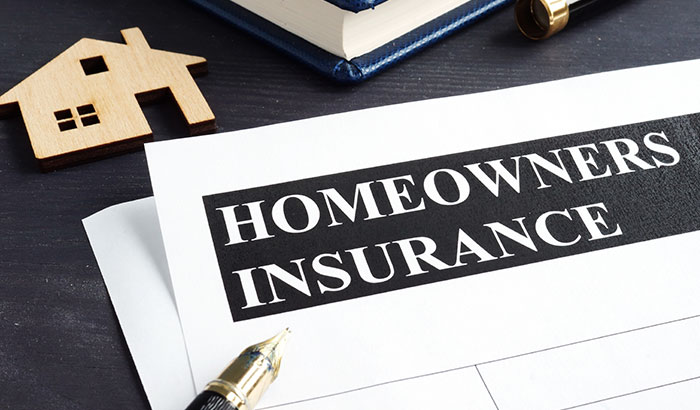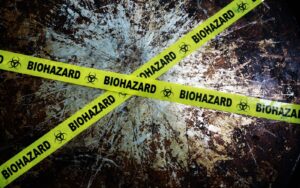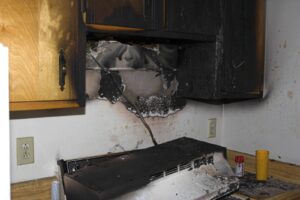Homeowners’ insurance will cover water damage restoration services in some — but not all — circumstances. This can make it difficult to know whether your insurance will cover water damage or whether you’ll need to cover those expenses.
That’s what we’re discussing in today’s blog. As awful as water damage can be, what’s worse is not receiving the coverage you need when you need it most. By selecting the right policies and reading the fine print, you can ensure you’re covered, whether there’s a flood or a burst pipe.
What IS Covered Under Homeowners Insurance
Generally speaking, “sudden and accidental” water damage is covered. Here are some examples:
- Burst pipes. Remember that burst pipes are only covered if the water damage wasn’t due to negligence. For example, if your local news warns you about freezing temps, but you fail to heat your home properly, your insurance won’t cover it.
- Accidental leak. In the spirit of “sudden and accidental,” accidental leaks are covered. Examples include a leaking appliance, plumbing, a broken washing machine, or a broken dishwasher.
It’s impossible to foresee every instance where water damage can occur, and homeowners insurance will cover these accidents so you can restore your home.
- Water damage from a fire. While water can save your entire home from going up in flames after a fire has started, it can also cause significant damage. Whether the water damage is from a sprinkler system or a fire department hose, homeowners insurance will cover that claim.
- Water damage from a roof leak. Storms are entirely out of our control, so the damage caused by them is covered. Common examples of this type of water damage include trees falling on your roof, causing a hole that lets water in.
The only clause to this is if you don’t repair your roof in a timely manner. As that is considered negligence, your insurance company could deny you coverage.
- Water damage from storms. Examples include heavy rain or hail.
- Ice dams. While you can take preventative measures, you might need help to avoid an ice dam forming your gutter. If it damages your home, your homeowner’s insurance should cover it, as long as it wasn’t due to negligence or a lack of maintenance.
What Usually Isn’t Covered Under Homeowners Insurance
So, what doesn’t homeowner’s insurance cover regarding water damage? Let’s take a look.
- Flood damage. We mentioned flood damage at the beginning of this blog because it’s a commonly asked question. However, homeowners’ insurance doesn’t cover floods, whether from hurricanes, tsunamis, storm surges, overflowing rivers, or heavy rain.
If you want flood damage coverage, consider purchasing flood insurance. This separate insurance policy will cover these types of damages and provide you with greater peace of mind.
- Water damage due to negligence or lack of maintenance. As we touched on earlier, neglecting to care for or maintain your home will disqualify your water damage from being covered, even if the after-effects of it are sudden and accidental.
- Water damage from intentional acts. Intentional acts such as turning your heat off in the winter or setting your home on fire are not covered by water damage. While we highly doubt anyone reading this blog would cause intentional water damage, we wanted to include it here since homeowners’ insurance won’t cover it.
- Water damage from “earth movement.” Earth movement refers to earthquakes, landslides, mudslides, and so forth.
If water damage occurs in your home due to earth movement, you’ll want to call your insurance company that handles your earthquake insurance policy. Similar to flood insurance covering flood damage, earthquake insurance policies cover damage from earth movement.
Water damage backup, leaks, or seepage. Unless you have specific policies with special coverage, homeowners’ insurance does not cover backups, leaks, and seepage.
- Repairing the source of the water damage. While your insurance company will cover sudden and accidental water damage, it will not cover the cost of other repairs. Say your dishwasher is broken from water damage. Your insurance will cover the cost of repairing the water damage but not the cost of replacing your dishwasher.
- Water damage from sump pump failure. This is another problem not covered by homeowners’ insurance. You’ll need to purchase a separate insurance policy for this.
Most Common Causes of Homeowners’ Insurance Claims
You might be curious as to how many homeowners’ insurance claims are due to water damage, whether it’s flooded or frozen. As it turns out, water damage is the second-leading homeowners’ insurance claim, second only to wind and hail damage.
Other home insurance claims include fire and lightning, property damage like vandalism and malicious mischief, liability, and theft.
Understanding Your Homeowner’s Insurance Policy
Of course, we (and your insurance company!) encourage you to take every appropriate step to protect your home from water damage.
Some steps you can take include draining your water heaters twice a year, installing smart water leak detectors, inspecting hoses, inspecting your roof, preventing frozen pipes, removing snow from your roof, and removing leaves from your gutters in the fall.
But should sudden and accidental damage still occur, your homeowners’ insurance will likely cover it.
We recommend contacting your insurance company to understand what’s covered in your policy before there’s water damage. You’ll have greater peace of mind knowing what your insurance will cover. We also recommend reading the fine print to understand what exclusions apply to your policy.
Utah Disaster Cleanup
If your home has suffered from water damage, call the experts at Utah Disaster Cleanup. We work with insurance companies as we repair and restore your home from damage.
And if water damage is only one of the issues you’re facing, we can help with that, too. Our expertise extends to fire, smoke, and mold, among other things, which often accompany water damage.
Contact Utah Disaster Cleanup today to get started. You’ll be greeted with fast, friendly service and be left with a restored home you can enjoy living in again.



